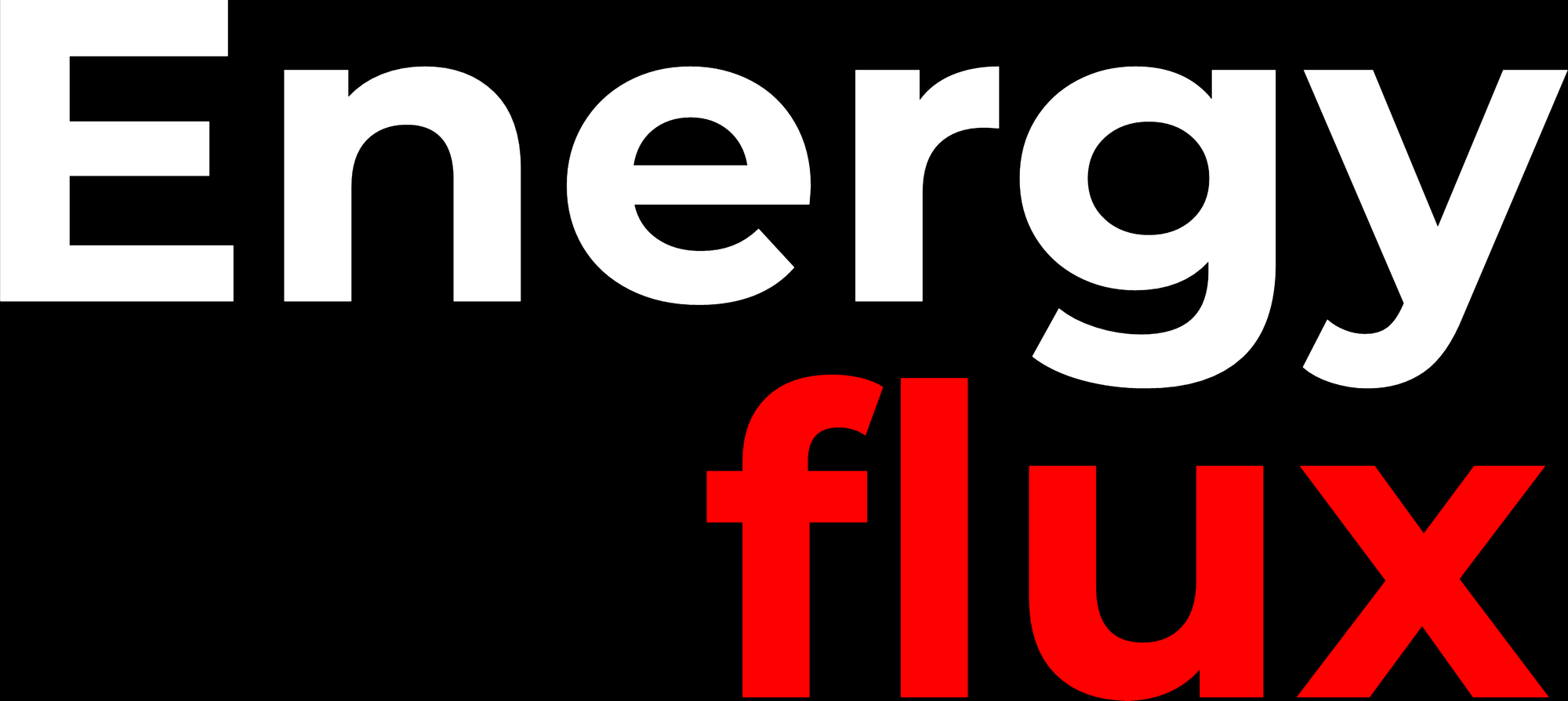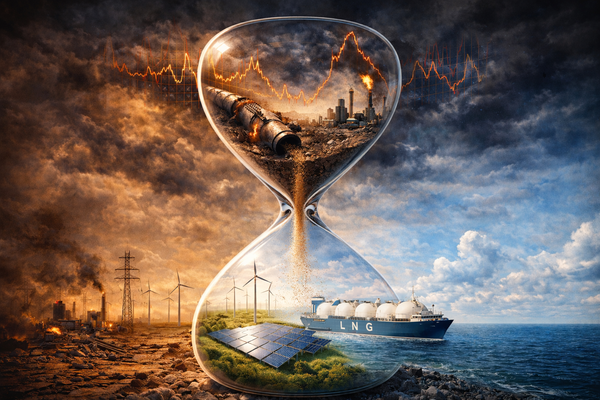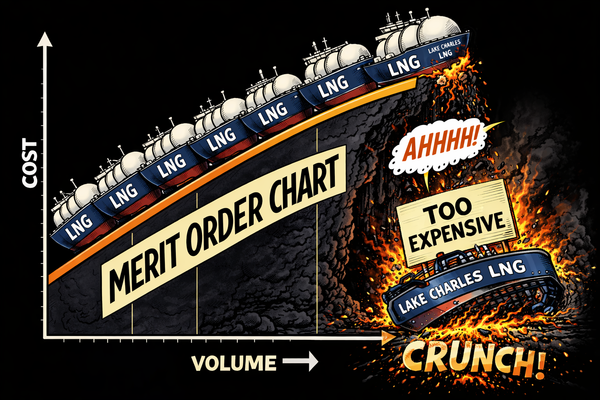‘LNG is an expensive way to keep the lights on. Cutting EU gas demand is now key’
PODCAST: With special guest Steven Geiger of Innova Partners


Member discussion: ‘LNG is an expensive way to keep the lights on. Cutting EU gas demand is now key’
Read what members are saying. Subscribe to join the conversation.





